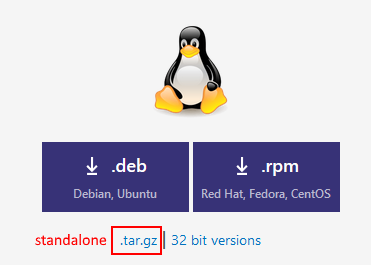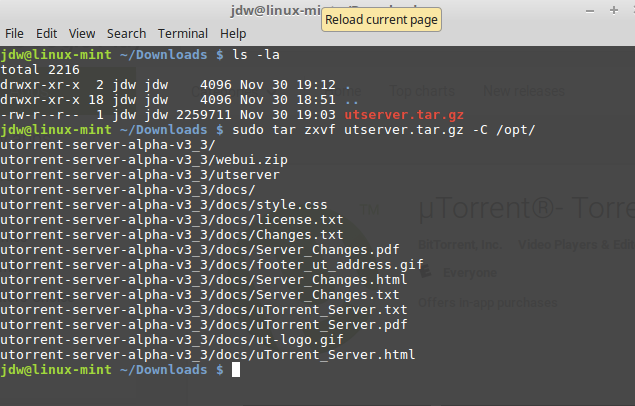

zip files are more accessible but less space-efficient, while. Technical details aside, all you need to remember is that. If that’s not entirely clear, don’t worry. In other words, compressing files as a single group allows for more efficient compression methods, thereby saving space and reducing the overall size of the file. tar files are compressed as a single entity rather than a group of individually compressed files, compression utilities can group similarities between files and cut down on space. tar.gz is only accessible after extracting the entire file. zip are compressed individually, they can also be accessed individually. However, there are some pretty major differences when it comes to accessing data within the files and the compression efficiency. tar.gz files will allow you to send relatively large packages as a single file. tar files are a compressed collection of files.īut does the compression method really matter, especially if both methods technically produce compressed files? zip files are a collection of compressed files, while. tar files are compressed as a single package, leaving its files uncompressed. zip files consist of many individually compressed files. zip automatically compresses each file within the collection.īy now, you’ve probably noticed the major difference between. Rather than use a separate compression utility to compress the entire collection.
Ubuntu untar zip file#
zip file is a collection of compressed files. As we’ll see later, one popular compression utility is gzip, which compresses a. tar doesn’t compress anything, it requires a separate compression utility for compression. tar file is a collection of uncompressed files, sometimes known as a tarball. Rather, they both accomplish the same task ( file compression) in the same way. tar files are some kind of “lesser” format than. tar files - at least not in ways that are easy to notice. zip files, the same can’t really be said for. Where most operating systems make it easy to extract and create. tar.gz files in Linux and Windows with help from this guide 🚀 Click to Tweet. Compressing and extracting files isn’t always intuitive. tar comes with a few extra features that make it the better compression format for certain files and applications.

tar in the first place? As we’ll see in the next section. zip being the easier of the two to use, why use.
Ubuntu untar software#
As a result, it’s become a common file extension for many open-source software packages and other resources.īut with. tar files compress large files into a single package, making it easier to store and send them through email, servers, and so on.

tar files even have anything to do with old computers. Thankfully, you don’t need to be a 1960s computer technician to use and extract. Short for “ Tape ARchive,” the name “TAR” is a throwback to when files were stored on magnetic tape drives. If you have any questions, please leave a comment below.A “.tar” file is a collection of files compressed into a single file or archive. gz file, use the gunzip command followed by the file name.
Ubuntu untar archive#
The command will auto-detect the compression type and will extract the archive in the current working directory , use tar command with the -xf options followed by the compressed archive name: tar -xf Gzip algorithm is designed to compress only a single file.
Ubuntu untar install#
Windows users need to install additional software such as 7zip gz file, right-click on the file you want to decompress and select “Extract”. If you’re on a desktop environment and the command-line is not your thing, you can use your File manager. gz file with gunzip simply pass the file name to the command: gunzip file.gz

This command is basically an alias to file with gzip -d. To keep the compressed file pass the -k option to the command: gzip -dk file.gzĪnother command that you can use to decompress a. The command will restore the compressed file to its original state and remove the.


 0 kommentar(er)
0 kommentar(er)
